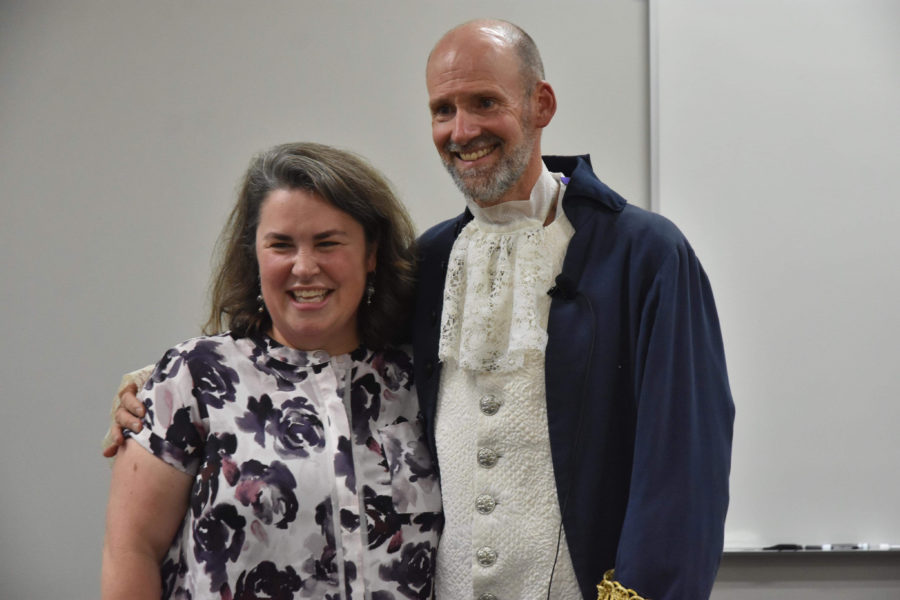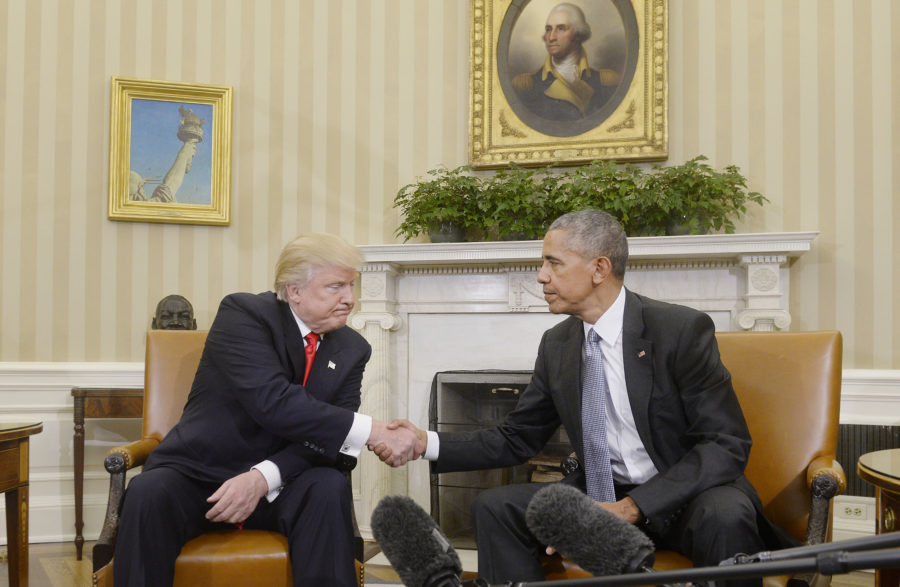
Last week, John Oliver of HBO’s Last Week Tonight made big waves again as he interviewed NSA document leaker Edward Snowden in Moscow.
While Snowden’s leaks may be old news, the central debate they raise about how much domestic surveillance should be tolerated in a modern age of terrorism has not yet been resolved on a national level.
It’s a debate that must be had and quickly.
On the first of June, the Patriot Act, first signed into law in October 2001 in response to the 9/11 terrorist attacks, expires. This controversial piece of legislation gives government agencies a large amount of power to investigate and pursue threats to national security.
This is the act that gave the NSA the authority to gather so much data on US citizens, virtually shattering any pretense of privacy guaranteed to users of the internet.
In any issue, there are many sides and facets to explore. Many members of our staff have no problem sacrificing privacy for the sake of national security. Still, the kind of power the NSA wields ostensibly in defense of safety is troubling to not a few of us.
The “Goldilocks paradox” is familiar to any student of the law: legislators must seek to enact compromises between competing concerns that are “just right” to uphold order in any civilized society.
In this case, a world of perfect privacy would be impossible to police and protect. We give up privacy to local law enforcement every day when they suspect probable cause and issue warrants for arrest.
A world of perfect security is also not desirable, as it gives our government power far too easy to abuse. The nightmare societies of George Orwell’s “1984” or Suzanne Collins’ “The Hunger Games” count the price of constructing a perfectly secure nation.
In this case, as in any other case facing our lawmakers, a compromise deemed “just right” must be sought. That compromise can only be found after a long and vigorous debate where all sides of the issue are explored in the public eye.
Unfortunately, the public is far too easily bored by talk of national security, or any political issue for that matter. John Oliver himself demonstrated this as he asked passers by in Times Square if they knew who Edward Snowden was.
The results were disheartening, to say the least. The few who recognized the name could not reliably remember what he did, or why he had to seek asylum overseas.
The Signpost staff is divided on whether to regard him as a traitor, a hero or someone in-between.
Still, we feel our electorate should know who he is before they make any judgment of him for good or ill. And knowing of Snowden is only the first step in becoming educated on national security issues and how they intersect with privacy concerns.
Additionally, some members of our staff are concerned with the environmental impact NSA activities effect. As local journalist Ben Winslow reported last year, the NSA data center in Bluffdale City uses between two and four million gallons of water every month to cool computers housing vast amounts of information gathered by the agency.
While proposals have been heard in our state legislature limiting the amount of water the NSA center uses, no action has been taken on the issue since the legislative session ended in March.
If the NSA has to spy on us, they should at least do it right.














